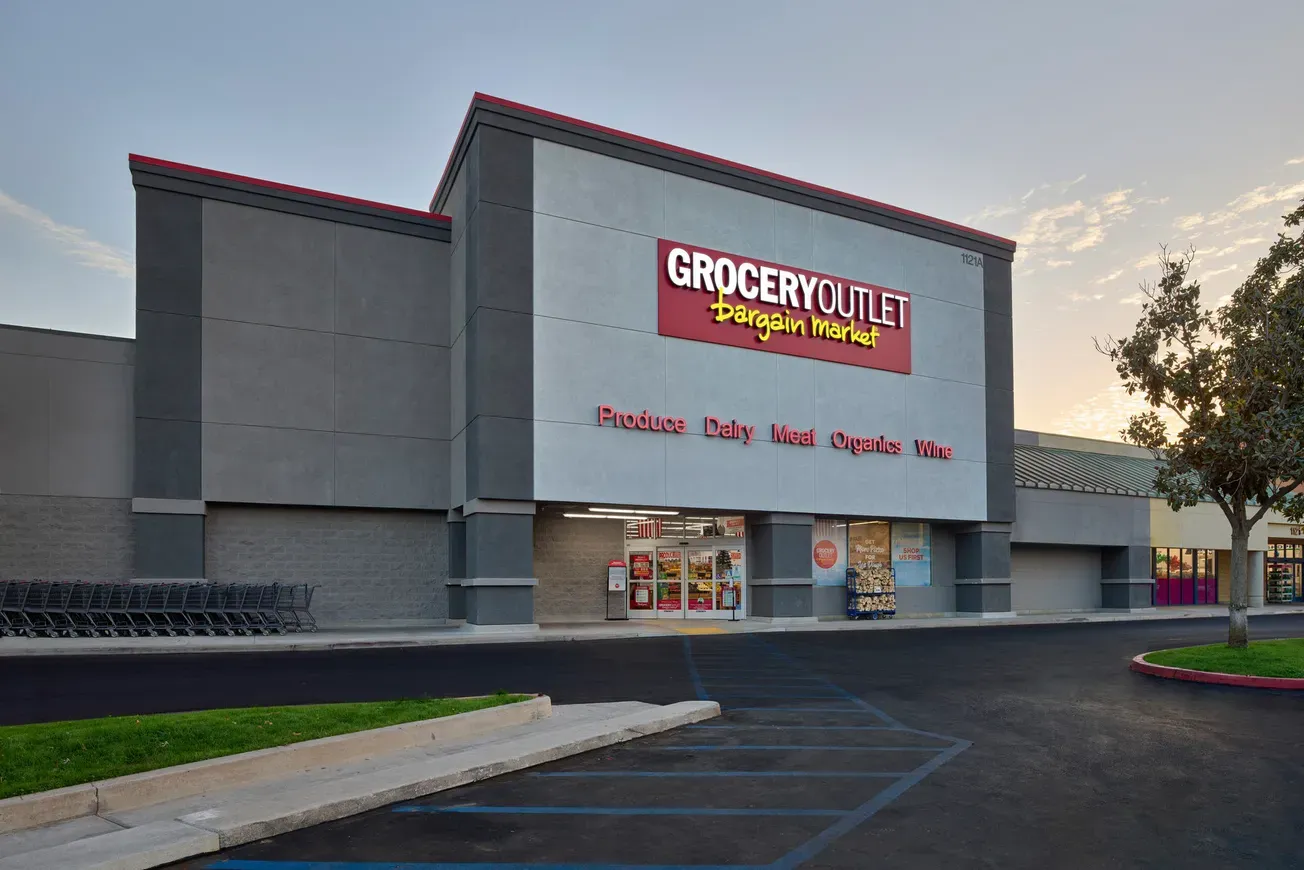WASHINGTON — On Saturday President Donald Trump signed an order to impose major tariffs on imports from Mexico, Canada and China, drawing swift retaliation from the country’s North American neighbors as a trade war has now begun among longtime allies.
President Trump announced on Monday that he would suspend tariffs on Mexico for one month. Later that same day, the implementation of tariffs on Canadian products was also paused for at least 30 days. There have been no alterations to the tariffs on goods imported from China.
The President had declared an economic emergency in order to place duties of 10% on all imports from China and 25% on imports from Mexico and Canada. In addition, energy imported from Canada, including oil, natural gas and electricity, would be taxed at a 10% rate. The order includes a mechanism to escalate the rates charged by the U.S. against retaliation by the other countries, raising the specter of an even more severe economic disruption.
Trump commented on social media that the tariffs were necessary “to protect Americans,” pressing the three nations to do more to curb the manufacture and export of illicit fentanyl and for Canada and Mexico to reduce illegal immigration into the U.S.
— Donald J. Trump (@realDonaldTrump) February 1, 2025
Canadian officials expressed frustration about the inequity of the situation, pointing out the statistics showing less than 1% of fentanyl and illegal crossings originate from Canada, yet the Canadian government is facing major repercussions. According to data from U.S. Customs and Border Protection, only 43 pounds of fentanyl were seized at the northern border, contrasting sharply with the significant quantities brought in from Mexico.
The tariffs could cause inflation to significantly worsen, threatening the trust that many voters placed in Trump to lower the prices of groceries, gasoline, housing, autos and other goods that he promised when he was running for office. These tariffs also risked throwing the global economy and Trump’s political mandate into turmoil just two weeks into his second term.

“The global supply chain for generic and biosimilar medicines is critically important for U.S. patients. From the base ingredients to the finished products, U.S. medicines rely on a global supply chain that is already stressed and in need of strengthening,” said John Murphy III, president and CEO of the Association for Accessible Medicines. “Tariffs on products from Canada, Mexico, and China could increase already problematic drug shortages.
“Generic manufacturers simply can’t absorb new costs. Our manufacturers sell at an extremely low price, sometimes at a loss, and are increasingly forced to exit markets where they are underwater. The overall value of all generic sales in the U.S. has gone down by $6.4 billion in five years despite growth in volume and new generic launches. Tariffs would make this much worse.

“Americans pay less for generics than almost anywhere in the world but are facing growing challenges of drug shortages. The previous Trump Administration opted not to impose tariffs on generic and biosimilar manufacturers. AAM and its members urge the Administration to follow their past practice and work with our industry on constructive policies and regulatory reforms that will bolster the resiliency and vibrancy of this critical healthcare market to the benefit of the American economy, lower overall healthcare costs, and keeping America’s patients healthy,” Murphy concluded.
“We support the Trump administration’s goal of strengthening trade relationships and creating fair and favorable terms for America," added National Retail Federation EVP of Government Relations David French.
“But imposing steep tariffs on three of our closest trading partners is a serious step. We strongly encourage all parties to continue negotiating to find solutions that will strengthen trade relationships and avoid shifting the costs of shared policy failures onto the backs of American families, workers and small businesses.
“The retail industry is committed to working with President Trump and his administration to achieve his campaign promises, including strengthening the U.S. economy, extending his successful Tax Cuts and Jobs Act, and ensuring that American families are protected from higher costs,” French added.

HDA also released a statement in response to President Trump’s announcement on pledged tariffs for pharmaceuticals:
“The Healthcare Distribution Alliance (HDA) and its nearly 40 distributor members — the vital link between 1,200 healthcare manufacturers and approximately 330,000 providers — strongly believe that strategic investments in domestic manufacturing can bolster supply chain resilience. However, we respectfully urge caution on instituting tariffs on sectors that will impact medical products. Tariffs on pharmaceuticals would strain the pharmaceutical supply chain and could adversely affect American patients, whether through increased medical product costs or manufacturers leaving the market. Accordingly, we ask the administration to consider establishing exemptions for pharmaceutical products and long implementation timelines to maintain the safe and efficient delivery of approximately 10 million medicines and healthcare products every day.
“We are concerned that placing tariffs on generic drug products produced outside the U.S. will put additional pressure on an industry that is already experiencing financial distress. Distributors and generic manufacturers and cannot absorb the rising costs of broad tariffs. It is worth noting that distributors operate on low profit margins — 0.3 percent. As a result, the U.S. will likely see new and worsened shortages of important medications and the costs will be passed down to payers and patients, including those in the Medicare and Medicaid programs.
“HDA supports strategic federal investments to boost domestic manufacturing of medical products, such as active pharmaceutical ingredients, key starting materials and finished-dose medicines for greater supply chain resilience. To this end, we encourage President Trump and his administration to explore long-term strategic investments and incentives for domestic manufacturing that will augment the availability and safe and affordable medicines. HDA will continue to work with the administration to help ensure patients can obtain the medications they need, safely and efficiently.”









